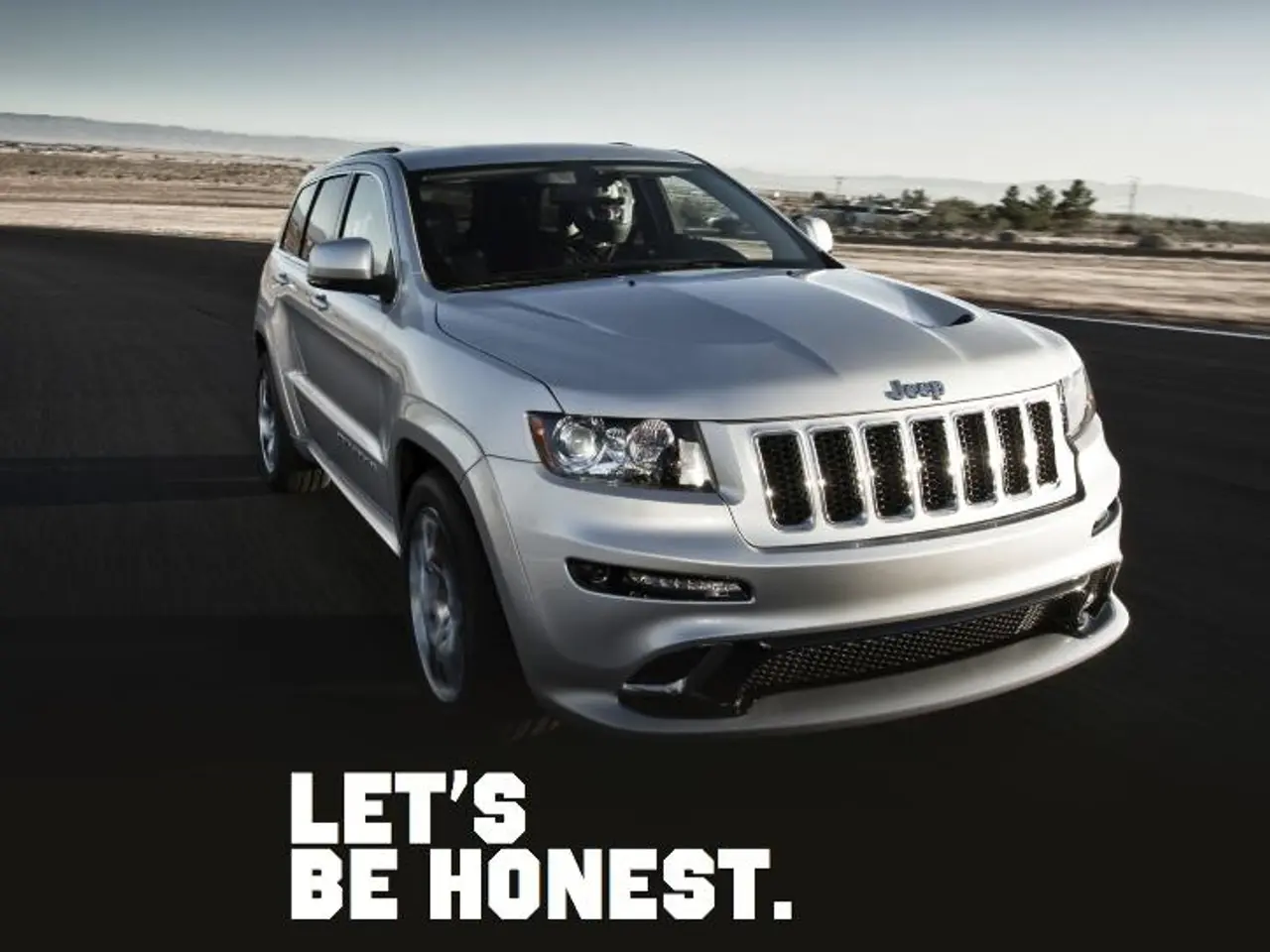Is Vinyl Superior to CDs in Audio Quality?
Debating the Sonic Symphony: CDs vs. Vinyl Records
When it comes to debating the listening experience between CDs and vinyl records, personal taste and nostalgia often take center stage. But let's delve into the hard facts and technicalities of these Two Sides of the Audio Track!
The Digital Quest for Perfection: CDs
Born in the 1980s, CDs (Compact Discs) marked a giant leap into the digital domain. With a sampling rate of 44.1 kHz and a bit depth of 16 bits, these disks provided an accurate, standardized platform for audio reproduction. Their digital precision liberated listeners from the potential imperfections of vinyl's surface noise and distortion, offering a clean and precise rendition of the recorded sound.
The Soulful Serenade of Analog Waves: Vinyl Records
In sharp contrast, vinyl records exude a nostalgic charm deeply rooted in their unrefined nature. Unlike CDs, they capture continuous variations of sound in analog form, resulting in a warm, unique tonality. LPs' inherent imperfections, such as the subtle crackle and occasional pop, contribute to their allure, creating an organic, immersive experience. But does this rich tonality come at the expense of clinical precision compared to CDs?
Hitting the High Notes: Understanding Dynamic Range
One key battleground in the CD vs. Vinyl debate is dynamic range – the difference between the softest and loudest sounds in a recording. CDs, with their 16-bit depth, theoretically provide a wider dynamic range, potentially translating to a more authentic reproduction of the artist's intended expression. However, vinyl enthusiasts argue that the medium's limitations force artists and engineers to master their work with care, resulting in a more deliberate, often more appealing, dynamic representation.
The Battle for Ear Supremacy: A Closer Look at Technicalities
Another facet in this Audio Battle is durability. CDs, being digital and laser-read, are naturally resistant to wear and tear. Their plastic coatings shield the data layer from scratches, ensuring a consistent listening experience over time. Meanwhile, vinyl records are susceptible to wear, with each play gradually degrading the grooves and introducing surface noise.
When it comes to longevity, digital formats offer the upper hand, with their ease of backup, replication, and lossless quality preservation. This technical edge positions CDs as a more robust archival medium than the delicate grooves of vinyl records.
Decision Time: The Bias is in Your Ears
The ultimate judgment in this Audio Wars lies in the subjective preferences of each listener. Whether one craves the clinical accuracy of CDs, appreciating the absence of surface noise and pristine reproduction of the recorded material, or revels in the pleasing charm of vinyl – the tactile engagement, the visual appeal of album art, and the warmth that infuses character into the music – the choice depends on the desired listening experience.
In Conclusion...
Upon exploring the differences between CDs and vinyl records, it becomes evident that no platform emerges victorious across the board. Each format has its strengths and weaknesses, and the decision between them hinges on the desired listening experience.
CDs, with their superior technical specifications and digital efficiency, guarantee a clear, consistent, and detail-rich audio experience. Ideal for those who seek archival stability, their precision shines in environments demanding high fidelity.
On the flip side, vinyl records, with their nostalgia-laden warmth and rich tonality, offer a tactile, immersive, and evocative listening experience. For those yearning for a more emotional and intimate connection to their music, LPs present a captivating opportunity.
The fight between CDs and vinyl records transcends technical specifications, delving into the realms of emotion, memories, and personal resonance. Whichever path you choose, the beauty of music lies in its power to evoke feelings and connect us to the artistry of sound, regardless of the medium.
Amplifying Your Journey: Dive Deeper
5 Must-Read Reasons to Start Collecting Records
Reviving the Spin: Why Vinyl Records Are Making a Comeback Again
Direct Metal Mastering, or DMM: What Is It?
The Groovy Science: How Do Vinyl Record Grooves Actually Work?
Spin, Skip, and Swirl: 5 Reasons You Should Be Collecting Records
Scratchy Symphony: Why Vinyl Records Are Making a Comeback Again
The Metal Mastery: What Is Direct Metal Mastering (DMM)?
The Tiny Groove Gurus: How Do Vinyl Record Grooves Actually Work?
Spin, Skip, and Swirl: 5 Reasons You Should Be Collecting Records
^{The Lure of Vinyl Records: 5 Reasons You Must Be Collecting!}
^{The Phonographic Revival: Why Vinyl Records Are Considered Cool Again!}
In the realm of lifestyle, music enthusiasts can delve into both the retro charm of vinyl records and the pristine digital sounds of CDs. Fashion-and-beauty aficionados might appreciate the visual appeal of album art, while entertainment seekers will find the nostalgic allure and immersive experience of vinyl records captivating.








